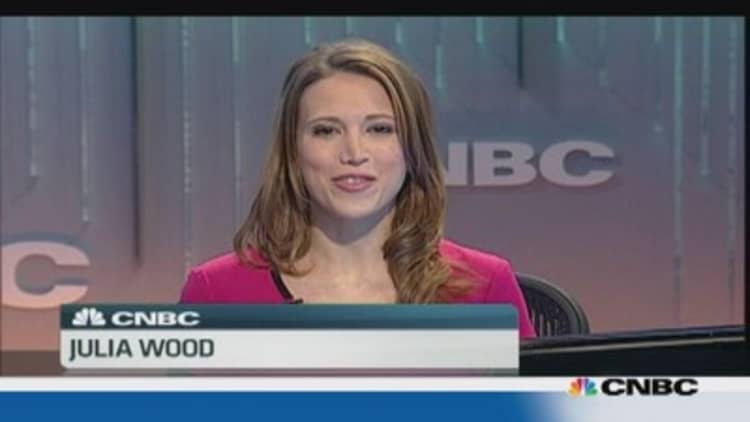
While "taper" was the popular buzzword for financial markets last year, the dominant phrase of 2014 could be - cue drum roll - "normalization", according to Credit Agricole.
The normalization of U.S. monetary conditions and interest rates will be a key theme this year, as the Federal Reserve moves to exit from unprecedented stimulus that has suppressed bond yields over the last few years, say strategists.
"After five years of extraordinary measures, positive momentum in the economy has led to growing expectations of an end to quantitative easing and an eventual end to zero interest rate policy," David Keeble, global head of interest rates strategy at Credit Agricole, wrote in a report titled "2014 word of the year: 'normalization'" this week.
(Read more: Five things that could go wrong in 2014)
"Across markets we have begun to see a paradigm shift, as markets are beginning to normalize," he added, referring to interest rate markets.
The normalization has started to play out in U.S. rates markets, for example, seen in the narrowing of the yield gap between five- and 30-year Treasury securities, he said.
Five-year note yields have risen sharply since the Fed announced it would begin slowing its bond purchases on December 18, from around 1.54 percent to 1.75 percent currently. Thirty-year bond yields, meanwhile, have dipped from 3.89 percent to 3.88 percent over this period.
(Read more: Minutes show Fed cautious toward cutting QE)
Preparing for a post-QE world
As the U.S. normalizes monetary policy, central banks in Asia are also expected to follow suit.
"The strength of economic recovery and a desire to prepare for a post-QE [quantitative easing] world would nudge a number of central banks toward tightening monetary policy, deploying a mix of interest rate hike and macro-prudential measures," said Taimur Baig, chief economist for Asia at Deutsche Bank, who expects central banks in Indonesia, Philippines and Malaysia to hike rates this year.
The normalization of rates in Asia, however, comes with risks, added Baig. Years of low rates and ample liquidity have led to a surge in household borrowing, causing a property boom in many regional markets. Thus, as rates normalize, this will be a key area of systemic risk, he said.
(Read more: Chasing returns and rising interest rates in 2014)
"A disorderly adjustment of rates could hurt the balance sheet of households manifesting in financial sector stress and dragging down consumption," he said.
—By CNBC's Ansuya Harjani. Follow her on Twitter: @Ansuya_H


